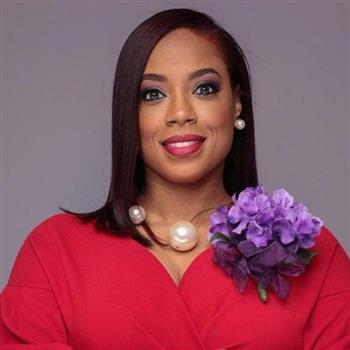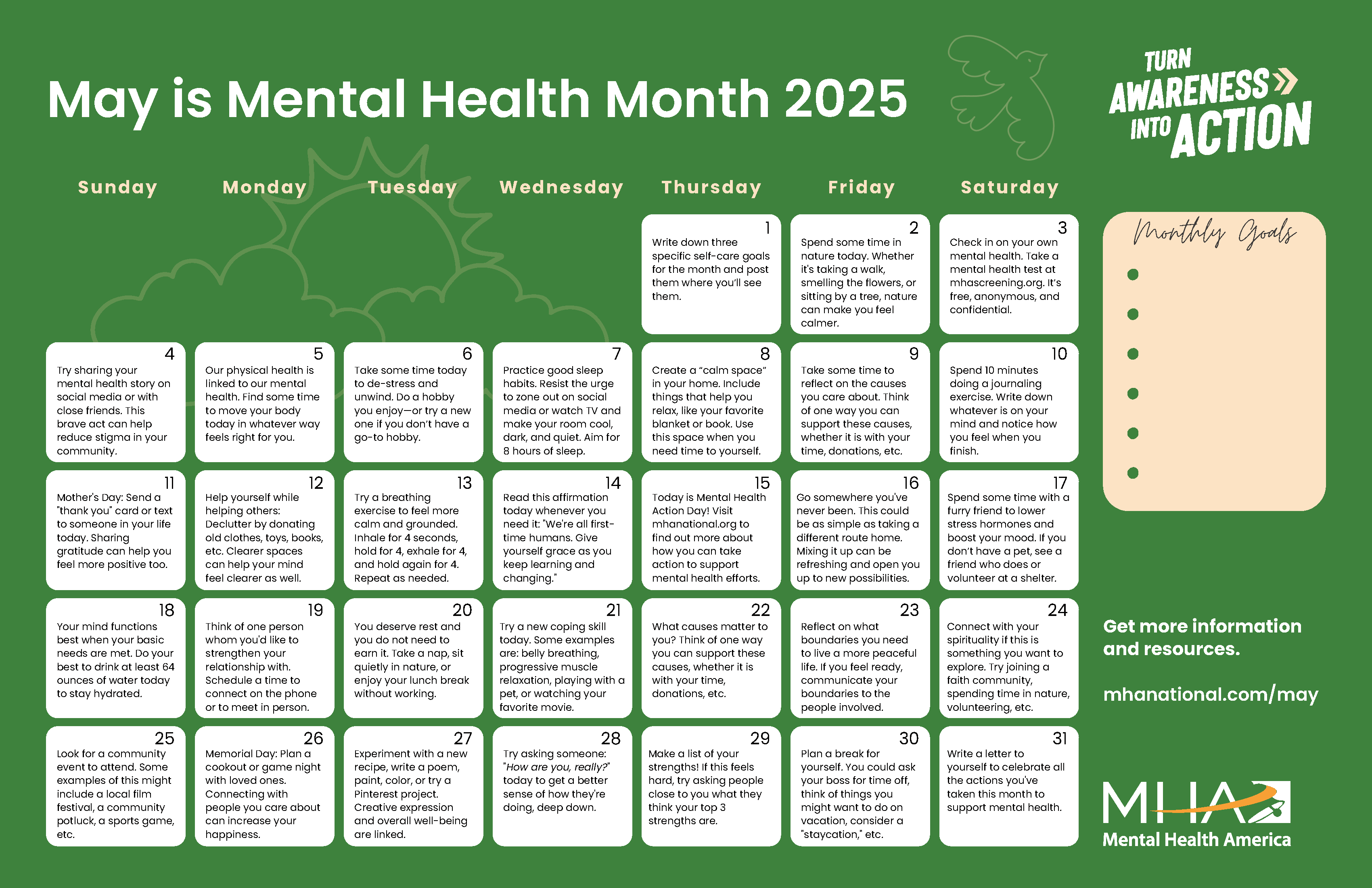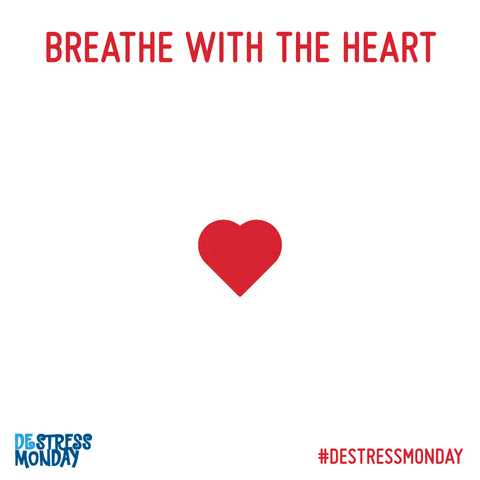Counseling Coordinator
(205) 231-9887

Birmingham City Schools comprehensive school counseling program is dedicated to preparing students socially, academically, and emotionally for present and future challenges and success. The program seeks to provide students with opportunities to gain an understanding of self and others, to participate in educational and occupational exploration, and to pursue career planning opportunities in an environment that is safe, caring, and encouraging. The Birmingham City Schools’ school counseling program is an essential integrated component of the total instructional program through which students have maximum opportunity for academic, career, and personal/social development.
The school counseling program involves a planned, purposeful, and sequential program of activities that begins in kindergarten and continues through twelfth grade.
Counselors may be contacted via the main office at any Birmingham City School.


